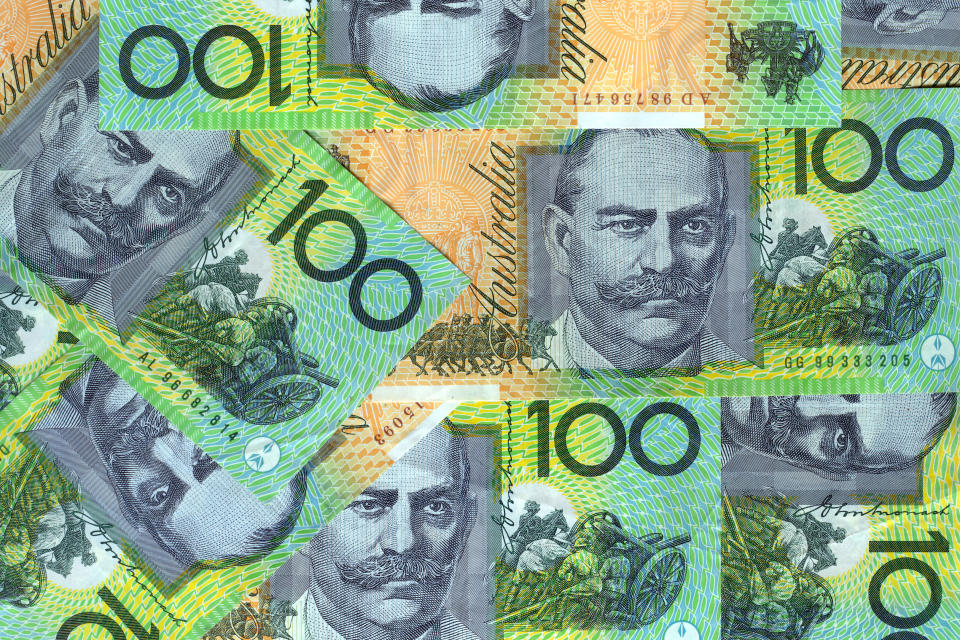Thousands of Aussies to see energy bills hiked $110

Victorians using the state’s default electricity offer will see prices rise $110 a year in 2020, after the Essential Services Commission announced an increase.
Related story: Man stuns internet with $8.88 electricity bill
Related story: Save $1,000 on your energy bill with one step
Related story: The real cost Aussie families pay for having children
Around 5 per cent of Victorian residents, or 120,000 households, will be affected, while businesses on the default offer will see their bills rise by around $465 a year.
That means that those households will now pay an average $1,518 a year, while businesses will pay $6,404, after the commission decided wholesale electricity and network costs had risen enough to justify the increase.
“Over the past year, there have not been substantial changes in terms of supply and demand conditions particularly at times of peak demand,” the commission said.
“Longer-term weather forecasts for this summer are similar to last year. The combination of these factors results in a scenario where tight supply conditions are expected in the summer of 2020, with flow-on impacts for wholesale prices.”
How to fight the energy bill price hike
Prior to the introduction of the default offer in July, households were paying an average $1,788, with the July default offer bringing prices down to $1,408.
However, the default offer is not necessarily the best on the market, the Australian Energy Council’s chief executive Sarah McNamara said.
She said that while the decision reflects cost pressures, it also proves the importance of shopping around.
“It’s important to remember that most Victorians are on competitive deals rather than the regulated offer, so today’s decision will not impact their bills,” McNamara said.
“Our message is to stay on or switch to a market deal with your retailer rather than rely on the regulator setting the Victorian Default offer because it will save you money.”
Make your money work with Yahoo Finance’s daily newsletter. Sign up here and stay on top of the latest money, news and tech news.

 Yahoo Finance
Yahoo Finance 
